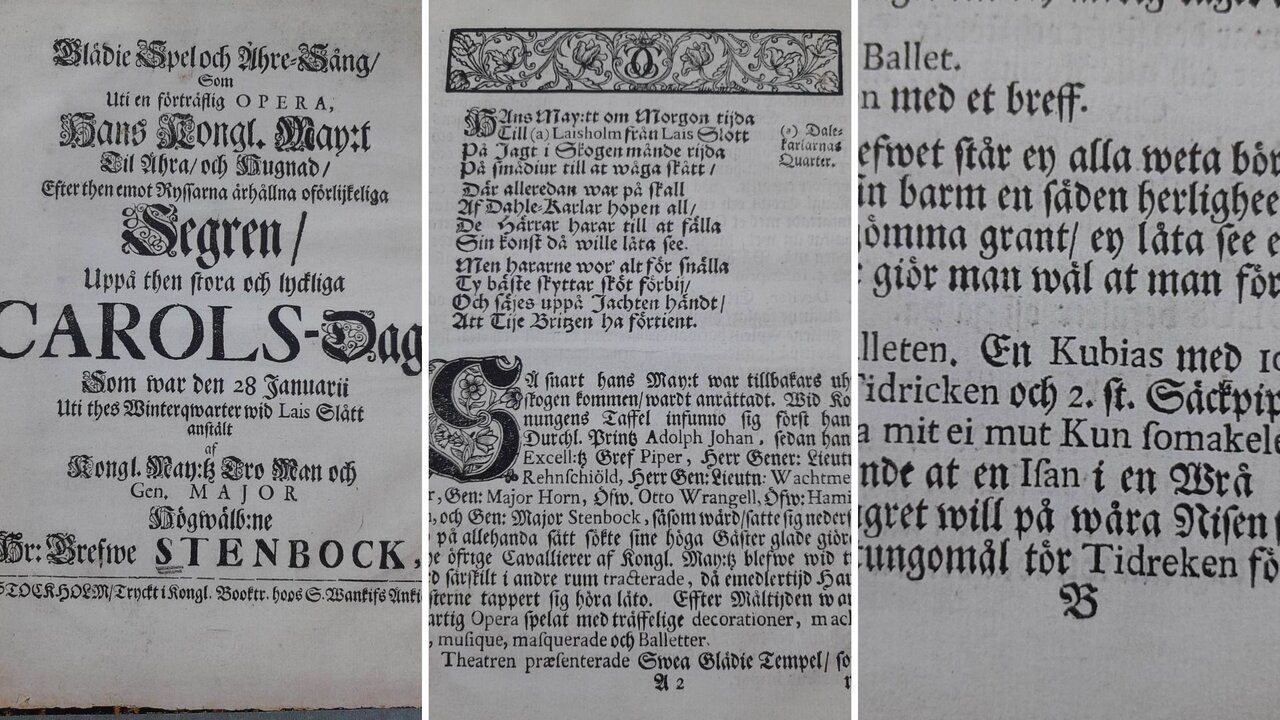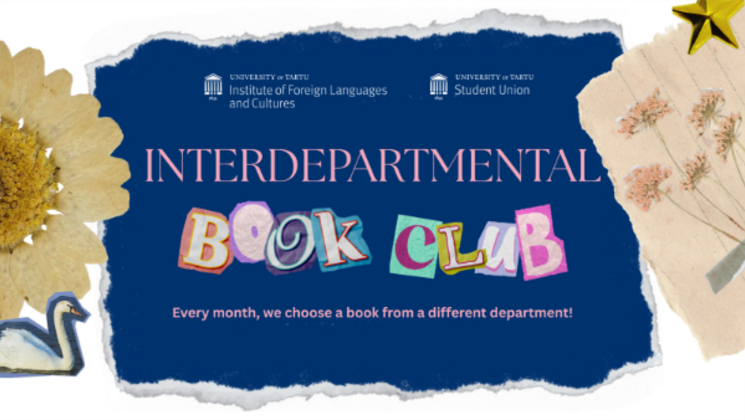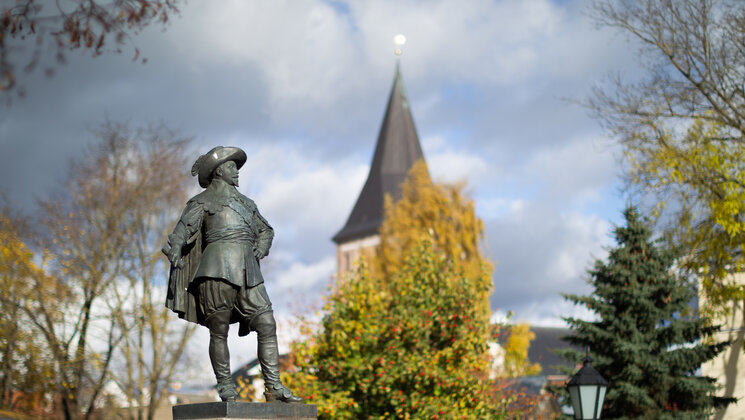-
Faculty of Arts and HumanitiesJakobi 2, r 116-121 51005 Tartu linn, Tartu linn, Tartumaa ESTJakobi 2 51005 Tartu linn, Tartu linn, Tartumaa ESTJakobi 2, IV korrus 51005 Tartu linn, Tartu linn, Tartumaa ESTJakobi 2, III korrus, ruumid 302-337 51005 Tartu linn, Tartu linn, Tartumaa ESTÜlikooli 16 51003 Tartu linn, Tartu linn, Tartumaa ESTLossi 3 51003 Tartu linn, Tartu linn, Tartumaa ESTÜlikooli 18 50090 Tartu linn, Tartu linn, Tartumaa ESTPosti 1 71004 Viljandi linn, Viljandimaa ESTJakobi 2 51005 Tartu linn, Tartu linn, Tartumaa ESTJakobi 2 51005 Tartu linn, Tartu linn, Tartumaa ESTFaculty of Social SciencesLossi 36 51003 Tartu linn, Tartu linn, Tartumaa ESTJakobi 5 51005 Tartu linn, Tartu linn, Tartumaa ESTLossi 36, ruum 301 51003 Tartu linn, Tartu linn, Tartumaa ESTNarva mnt 18 51009 Tartu linn, Tartu linn, Tartumaa ESTNäituse 2 50409 Tartu linn, Tartu linn, Tartumaa ESTNäituse 20 - 324 50409 Tartu linn, Tartu linn, Tartumaa ESTLossi 36 51003 Tartu linn, Tartu linn, Tartumaa ESTRaekoja plats 2 20307 Narva linn, Ida-Virumaa ESTRingi 35 80012 Pärnu linn, Pärnu linn, Pärnumaa ESTLossi 36 51003 Tartu linn, Tartu linn, Tartumaa ESTLossi 36 51003 Tartu linn, Tartu linn, Tartumaa ESTFaculty of MedicineRavila 19 50411 Tartu linn, Tartu linn, Tartumaa ESTBiomeedikum, Ravila 19 50411 Tartu linn, Tartu linn, Tartumaa ESTNooruse 1 50411 Tartu linn, Tartu linn, Tartumaa ESTL. Puusepa 1a 50406 Tartu linn, Tartu linn, Tartumaa ESTL. Puusepa 8 50406 Tartu linn, Tartu linn, Tartumaa ESTRavila 19 50411 Tartu linn, Tartu linn, Tartumaa ESTUjula 4 51008 Tartu linn, Tartu linn, Tartumaa ESTRavila 50411 Tartu linn, Tartu linn, Tartumaa ESTRavila 19 50411 Tartu linn, Tartu linn, Tartumaa ESTFaculty of Science and TechnologyVanemuise 46 - 208 51003 Tartu linn, Tartu linn, Tartumaa ESTNarva mnt 18 51009 Tartu linn, Tartu linn, Tartumaa ESTRiia 23b/2 51010 Tartu linn, Tartu linn, Tartumaa ESTRavila 14a 50411 Tartu linn, Tartu linn, Tartumaa ESTNarva mnt 18 51009 Tartu linn, Tartu linn, Tartumaa ESTRiia 23, 23b - 134 51010 Tartu linn, Tartu linn, Tartumaa ESTObservatooriumi 1 61602 Tõravere alevik, Nõo vald, Tartumaa ESTNooruse 1 50411 Tartu linn, Tartu linn, Tartumaa ESTJ. Liivi tn 2 50409 Tartu linn, Tartu linn, Tartumaa ESTVanemuise 46 51003 Tartu linn, Tartu linn, Tartumaa ESTVanemuise 46 51003 Tartu linn, Tartu linn, Tartumaa ESTArea of Academic SecretaryLossi 3 51003 Tartu linn, Tartu linn, Tartumaa ESTUppsala 6, Lossi 36 51003 Tartu linn, Tartu linn, Tartumaa ESTArea of Head of FinanceÜlikooli 17 51005 Tartu linn, Tartu linn, Tartumaa ESTArea of Director of AdministrationÜlikooli 18A (III korrus) 51005 Tartu linn, Tartu linn, Tartumaa ESTÜlikooli 18, ruumid 102, 104, 209, 210 50090 Tartu linn, Tartu linn, Tartumaa ESTArea of RectorArea of Vice Rector for Academic AffairsUppsala 10 51003 Tartu linn, Tartu linn, Tartumaa ESTÜlikooli 18b 51005 Tartu linn, Tartu linn, Tartumaa ESTArea of Vice Rector for ResearchW. Struve 1 50091 Tartu linn, Tartu linn, Tartumaa ESTArea of Vice Rector for DevelopmentNarva mnt 18 51009 Tartu linn, Tartu linn, Tartumaa ESTVanemuise 46 51003 Tartu linn, Tartu linn, Tartumaa ESTLossi 25 51003 Tartu linn, Tartu linn, Tartumaa EST
The Swedish 18th century drama has a special connection to Estonia

On 24 March, leading scholars meet in Tartu for a symposium on Scandinavian studies to start an international research project on the 18th Century Swedish drama and its birth in Estonia. The symposium will be followed by a public presentation and a musical performance.
In December 2022, Riksbankens Jubileumsfond decided to fund a research project on the 18th-century Swedish drama. While Swedish literature is internationally famous for its dramas from the decades around the year 1900, with August Strindberg as the leading name, the Swedish dramas from the 18th century are very little explored. However, a lot was written and performed, and it was a necessary foundation for the later, more well-known development.
The Swedish 18th-century drama has a special connection to Estonia: the very first of the Swedish plays from the 18th century was written and performed here. Glädje Spel och Ähre-Sång, ‘Play of Joy and Song of Honour’, was performed on 28 January 1701 at the castle of Lais (Laiuse ordulinnus in Estonian), where King Charles XII spent several months following his victory in the battle of Narva in November 1700. The text of Glädje Spel was also accompanied by music and was called opera on its title page, which makes it the first Swedish opera ever.
It is indeed a remarkable fact that such a landmark in the history of Swedish literature was created in Estonia, underscoring the vital importance of Estonia for Swedish culture and history. The play's text combines contemporary motifs, such as hunting scenes in the woods around Lais with Estonian soldiers. In one of the choirs sung by Estonian girls, some lines are in- the Estonian language, although the text as a whole is in Swedish.
The project is administrated by the University of Tartu and led by Professor Daniel Sävborg from the Department of Scandinavian Studies. The project includes Swedish and Italian scholars and Estonian students. It will examine many important works for the first time. The leading role of the University of Tartu and the participation of international scholars will contribute to the development of academic cooperation between Estonia and Sweden. On 23-25 March, the project group gathers in Tartu for a symposium.
The symposium will take place on 24 March from 9:00 to 16:00 in Lossi 3, room 406, where the participants will present their ongoing research within the project and plan the future activities of the project. The leading experts on Swedish 18th-century literature, such as Professor Marie-Christine Skuncke and Professor Roland Lysell, will present their ongoing research. The symposium organiser and project leader is Professor Daniel Sävborg from the Department of Scandinavian Studies. The symposium will be in Swedish and is mainly intended for the invited project members, who will present their ideas and work.
The symposium will be followed by a public presentation and a musical performance on 24 March from 16:00 to 17:30 in Jakobi 2, room 114. In the presentation, the organiser of the symposium, professor Daniel Sävborg, will introduce the project and the play Glädje Spel och Ähre-Sång. The presentation will be in English. In the musical performance, soprano Hermine Aints sings songs from the play "Lykkoprijs" (1689) by Isaac Börk, who studied in Tartu. Everyone interested is welcome to listen to the presentation and the musical performance.
The 18th Century Swedish Drama and its Birth in Estonia
Read more similar news






